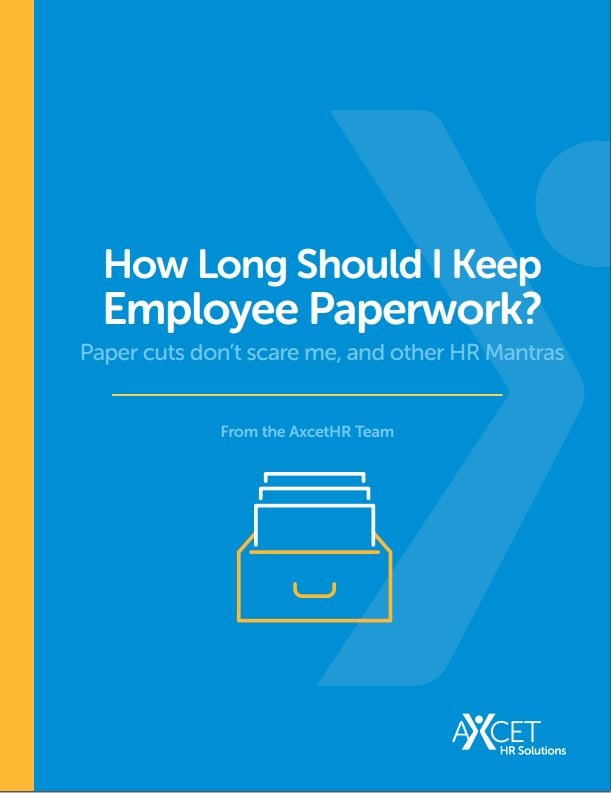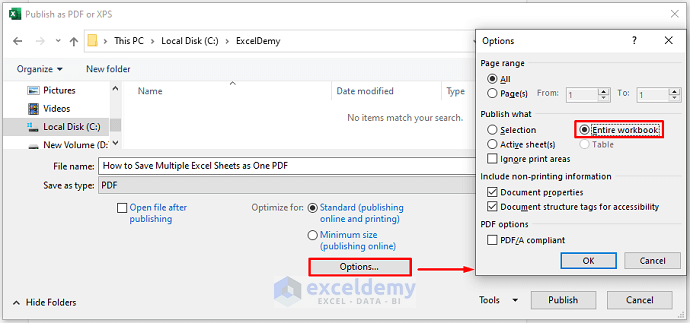Doing Work Without Paperwork: Is It Effective?

In today's fast-paced work environment, the traditional reliance on paperwork is increasingly being challenged by digital solutions. The question many professionals ask is: Is doing work without paperwork effective? This blog post delves into the efficiency, practicality, and overall effectiveness of minimizing or eliminating paperwork in our daily work routines.
Understanding the Shift to Paperless

The digital transformation has ushered in a new era where paperless workflows are becoming the norm rather than the exception. Here's why:
- Environmental Impact: Reducing paper usage helps in saving trees, reducing water usage, and lowering carbon footprints.
- Accessibility: Digital documents can be accessed from anywhere with an internet connection, facilitating remote work and real-time collaboration.
- Storage and Searchability: Digital files take up less physical space and can be searched quickly using keywords or phrases.
- Security and Backup: Digital solutions often come with built-in security features like encryption and automatic backups, which are superior to traditional file cabinets.
Advantages of Going Paperless

Let's explore some of the tangible benefits:
- Reduced Clutter: Physical documents can lead to an organized mess. Going paperless reduces clutter and improves the aesthetic and functionality of workspaces.
- Time Savings: The time taken to handle, file, and retrieve physical documents can be significantly reduced with digital documents, allowing for faster workflow.
- Cost Efficiency: While the initial setup for digital systems might be costly, over time the reduction in paper and printing costs, as well as space savings, can lead to significant savings.
- Enhanced Collaboration: Digital documents can be easily shared, edited in real-time, and annotated, fostering better teamwork.
- Disaster Recovery: In case of physical disasters like fire or floods, digital backups ensure continuity of work.
🌱 Note: Going paperless not only benefits your business operationally but also contributes to environmental sustainability.
Challenges in Transitioning to Paperless

However, the transition to a paperless environment isn't without hurdles:
- Initial Investment: Setting up a digital system requires investment in technology, software, and possibly training.
- Resistance to Change: Employees accustomed to paper might resist change due to familiarity or fear of the unknown.
- Security Concerns: Digital storage can be vulnerable to cyber threats if not properly secured.
- Legal and Compliance Issues: Certain documents still require physical signatures or need to be stored in a tamper-proof manner.
- Technical Glitches: Software crashes, loss of data, or incompatibility issues can halt work abruptly.
🔍 Note: Addressing these challenges requires careful planning, employee training, and possibly consulting with cybersecurity experts.
Case Studies and Real-Life Examples

Here are some real-world insights into how businesses have fared:
- Example 1: A Law Firm - By going digital with their case management, they reduced paper usage by 80%, drastically cutting down on time needed to retrieve case files and enhancing client communication.
- Example 2: Healthcare Provider - Electronic Health Records (EHRs) have streamlined patient data management, reduced errors, and facilitated better patient care through instant access to records.
- Example 3: Retail Chain - Implementing digital inventory management reduced physical stock checks, improved accuracy, and reduced overstocking or stockouts.
The effectiveness of these transitions varies, but the overarching trend suggests that the advantages often outweigh the challenges when properly managed.
The Future of Paperless

As technology evolves, so do paperless solutions:
- AI and Automation: AI can now automate data entry, organize documents, and even analyze content for insights.
- Cloud Solutions: Cloud storage offers infinite scalability and accessibility, making paperless workflows more practical.
- Blockchain: For secure, verifiable records, blockchain technology could become a standard for maintaining integrity in document management.
- Smart Offices: IoT devices could further reduce paper needs by allowing direct digital interaction with office tools.
The paperless movement is not just a trend but a shift towards efficiency, sustainability, and innovation in how we work.
In summing up our exploration of working without paperwork, it's clear that while there are initial challenges, the long-term benefits are manifold. Reducing clutter, enhancing collaboration, saving time and costs, and being eco-friendly are just a few of the compelling reasons to embrace this change. However, it's crucial to approach the transition with a strategic plan that includes staff training, security measures, and leveraging technology for optimal results. As we move forward, the paperless office will become not just an option but a necessity in a world increasingly driven by digital solutions.
How does going paperless affect productivity?

+
Going paperless can enhance productivity by reducing the time needed to search for documents, streamline workflows, and allow for instant access to information. However, initial adjustments might temporarily affect productivity due to learning curves and system integration.
What are the environmental benefits of going paperless?

+
The primary environmental benefit of going paperless is the reduction in paper consumption, which directly contributes to less deforestation, lower energy use in paper production, and reduced water pollution from paper manufacturing processes.
What kind of security measures should be in place for digital documents?

+
Security measures for digital documents include encryption, access control through user authentication, regular backups, secure cloud storage, and implementing cybersecurity practices like firewalls and antivirus software.



